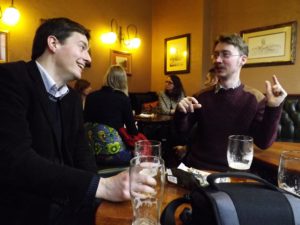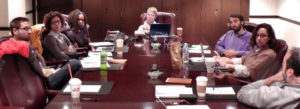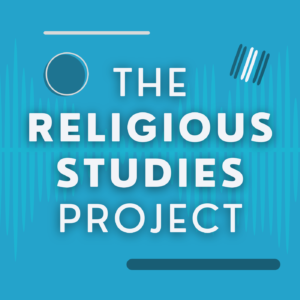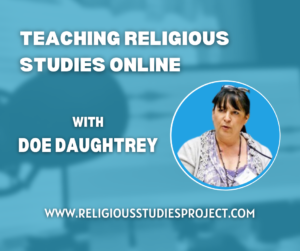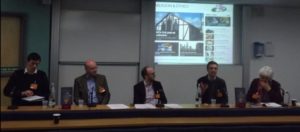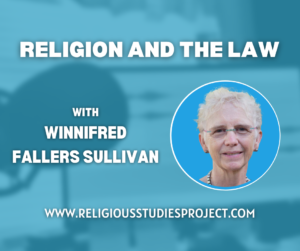
Outtakes and Review of the Year
A very special episode of the podcast this week, to mark the beginning of our annual summer hiatus. For the past year, I (David) have kept a file where all the little amusing bits that didn’t make it into the weekly episodes got put. Sometimes, this was because of restraints of time, but more often they were simply too ‘scandalous’. I broadcast them here with that proviso.

